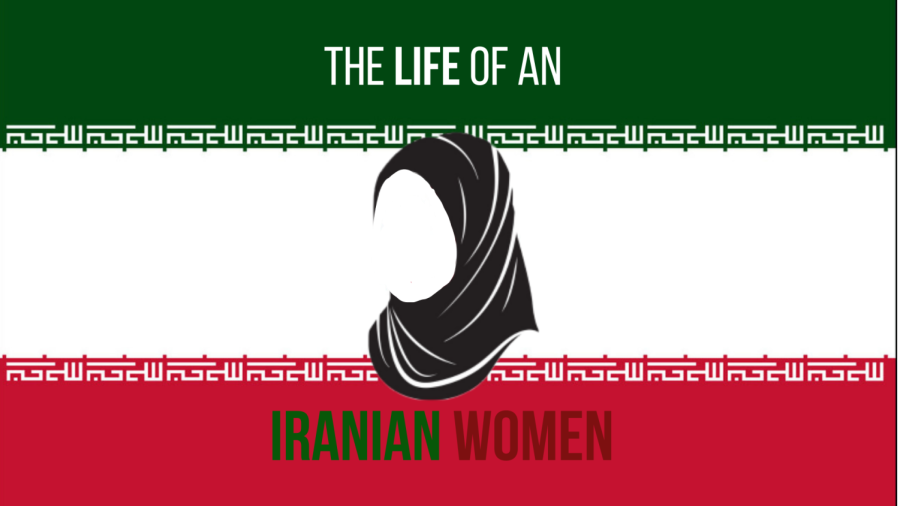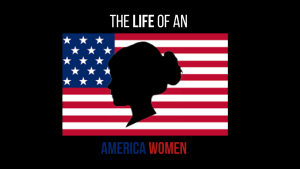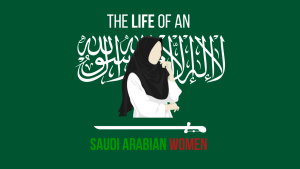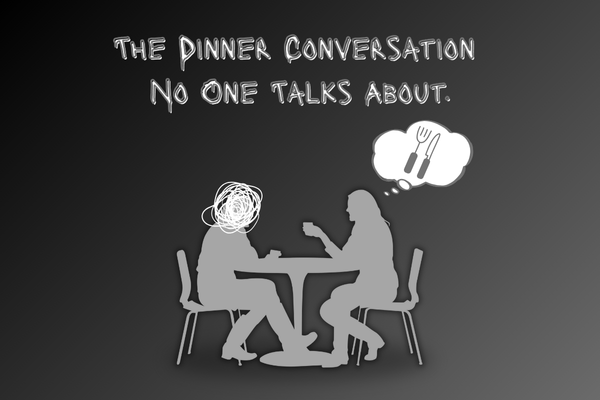The Life of An Iranian Woman
The life and history of a women living in the country of Iran.
The country of Iran has gone through a heartbreaking regression when it comes to the rights of women and equality. The history of women’s rights there has been a lengthy and complex journey. Women there once lived with a level of freedom and were allowed to do certain things such as attend sports games as well as go unveiled in public places. This all came to an end after the Iran Revolution of 1979.
The History of Women’s Rights in Iran
Before the Iran Revolution of 1979, Iran was making significant headway with women’s rights. Between 1905-1911, the start of the ‘women’s awakening’ went into effect. This awakening was known as a women’s movement and feminism. During this ‘awakening,’ women were granted numerous freedoms.

In the 1920s, education became more accessible for women as more universities and institutions started to open. Education gave women a new outlet to be independent and learn. In 1936, Reza Shah of Iran issued unveiling order, banning all Islamic veils and head coverings. This sparked conflict amongst women as some of them were opposed to it while some of them agreed with it. Some women wore head coverings because of their personal beliefs, and they were saddened to have this taken away.
In 1963, the Shah of Iran proposed a reform program. This reform incorporated “a provision for extending suffrage to women” which gave women the right to vote, helped women become significantly apparent in the workforce, and gave them the right to participate in public office.
In 1975, the Family Protection Law was passed, which expanded the laws for divorce and custody rights, reduced polygamy, and changed the legal age for marriage from thirteen to eighteen.
Four years later, this sense of freedom dissipated. In 1979, the Iran Revolution took place, which changed everything. The Iranian revolution was an uprising that led to the monarchy of Iran being destroyed and a new Islamic republic taking place.
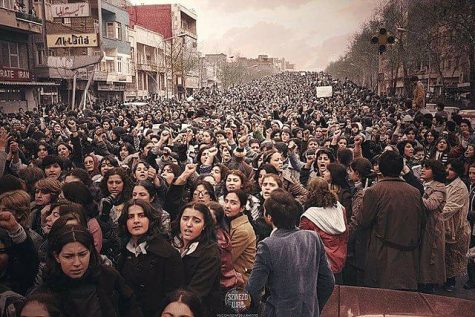
One of the first laws that were enacted by this regime was that all women must be veiled at all times in public places. Women were now not only forced to cover their hair but also required to be completely covered from head to toe, making sure not to display any visible skin except for the face and hands. This law was passed just a day before International Women’s Day in Iran.
The Islamic republic then caused the Family Protection Laws to regress. The legal age for girls to marry was set back at thirteen, while boys are set at fifteen. Child marriage robs the child of their future and their life. As said by Glamour Magazine, “It’s murder when a child—a young girl—is forced into marriage. It’s as though you killed that girl.”
Women’s rights and freedoms continue to be limited by the Iranian government in countless different ways. They are slowly stripping these women of their identities and lives. These women experience constant misogyny and discrimination under Iranian law as well as punishment and/or execution if they were to stand up for themselves. The changes this revolution has sparked are still present and transparent to this day.
Iranian Woman Today
On September 13th, 2022, 22-year-old Mahsa Amini was arrested and taken into custody by the Iranian police. They claimed she was wearing her hijab incorrectly and was violating government laws. Sadly, three days later, she died in custody. It was reported by many that she was beaten to death by officers. To read more about Mahsa Amini’s story, check out my article, https://themiawave.org/10597/uncategorized/women-life-freedom/.
Mahsa Amini’s death sparked a large outbreak. Mass anti-government protests began in Iran, occurring in over eighty cities. Women and citizens from around the country took to the streets, opposing the government and fighting for change. Many women began burning their headscarves and raising them up into the skies as a sign of rebellion. People were chanting protests such as “Women, Life, Freedom” and “death to the dictator.”
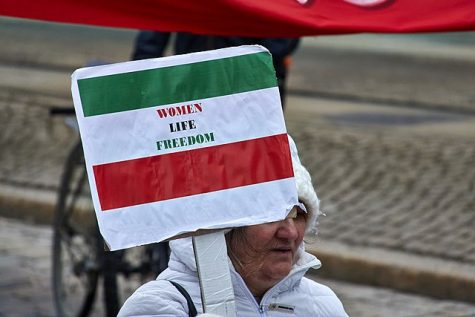
Women from across Iran and the world began to cut their hair in support. Many people began uploading these videos online under the hashtag #HairForFreedom. This haircutting is said to be a ‘symbolic gesture rallying rebels against the Islamic regime.’
This rebellion angered the Iran regime in many ways. One way the government chose to fight back was by poisoning schoolgirls. Two months later, in November, hundreds of students were reported to be suffering from symptoms that included vomiting, diarrhea, and body aches at four colleges across Iran. On February 28, 2023, it was revealed that these girls were being poisoned with nitrogen. As of March 2023, up to seven thousand schoolgirls have been reported poisoned. Hundreds have been hospitalized with symptoms that include respiratory distress, numbness in limbs, heart palpitations, headaches, nausea, and vomiting.
After months of silence, Iran’s government finally spoke out, claiming they had no part in the poisonings. On March 16th, UN officials stepped forward to express their anger over the government’s actions. They stated, “We are deeply concerned about the physical and mental well-being of these schoolgirls….” The UN has labeled these poisonings as attacks designed to limit the rights of women and girls further.
On March 8th, in honor of international women’s day, a group of teen girls recorded a video of them dancing without headscarves in crop tops and baggy pants. In the video, they were seen recreating a dance to the song “Calm Down” by Rema and Selena Gomez. It was reported by Iran International that the video was uploaded onto Instagram by the girl’s dancing instructor. Shortly after, the government began searching for the five girls’ locations. After they were located, the government proceeded to take the girls and detain them for two days. After they were released, the girls were forced to return to the same location where the video was filmed and create an apology video. In the apology video, you can see all five girls covered in large pants and jackets, along with head coverings. One by one, each girl walks forward, apologizing for the video and expressing remorse for their actions.
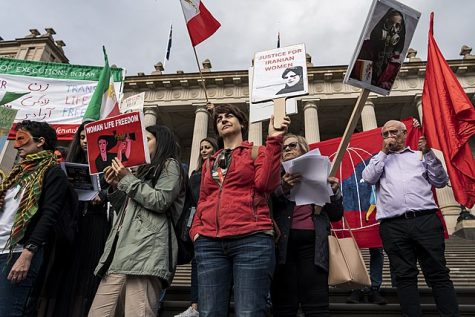
Women are being belittled and treated inhumanely within their own country at the hands of the Iran regime. Women do not possess the freedom to show their hair or wear outfits of their choosing. They can not dance in public, sing in public, or play music in public. They are unable to attend sporting events. They cannot leave the country without permission from their husbands/male guardians. They cannot check themselves into a hotel if they are without a husband or male companion. They cannot get divorced easily, and if they do, they most likely cannot keep custody of their own children. They cannot be free.
The Iranian government has shown no signs of stopping its injustice actions. As of 2023, over fifteen thousand have been arrested for protesting, and over five hundred have been killed. Sadly, these numbers continue to rise, and more innocent lives are being lost. Women, children, and men are being brutally killed and beaten as they fight for basic human rights. Iranians have been held hostage by the Islamic republic for far too long.
Ways You Can Help
- Educate Yourself
Educating yourself on important events that are occurring around the world is extremely important. Researching and expanding your knowledge helps you stay familiarized with significant affairs that may be happening. You can then take what you have learned and help your friends or family become educated as well.
- Post on Social Media
Social media is one of the most influential outlets our world has today. Using your social media can include reposting important posts onto your account and/or creating your own educational posts and uploading them to your account. Posting on social media is extremely beneficial because it helps people stay educated easily.
- Donate
Donating or becoming a member of certain organizations can be extremely helpful during times like this. Organizations help provide aid and/or support to those who need it. They are there to help and give their assistance. Some organizations/charities that help Iran include Iranian American Women Foundation, United for Iran, and the Women’s Committee of the National Council of Resistance of Iran.
Your donation will help support not only the student Journalism and Yearbook clubs at Marco Island Academy, but as well as any new equipment, club improvements, and annual website hosting costs.

Madison Moyer is a senior at Marco Island Academy and Managing Editor for The Wave. When she’s not babysitting, she often spends time with her friends...


